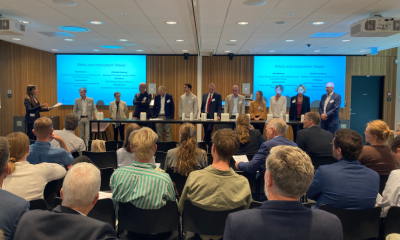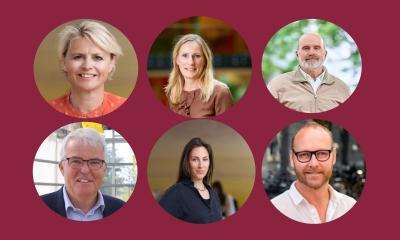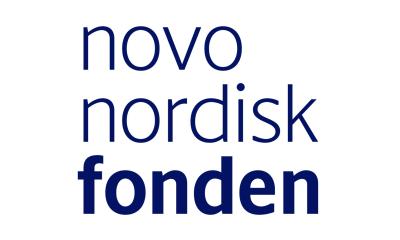High-level Insights: Food Systems in an Age of Polycrisis
On September 14, 2023, Think Tank EUROPA and DI Bio hosted an international conference on food systems in an age of polycrisis. This note summarises the high-level insights from the conference.
Through contributions from a range of international, Danish, and European speakers, the conference on food systems in an age of polycrisis explored how to make sense of the many crises that have beset the food system in recent years and what they can tell us about the challenges that lie ahead.
Our food system is a both miracle and a disaster.
In the decades following the second world war, the green revolution has enabled the global population to expand dramatically without significantly increasing the amount of land used for agricultural production. Yet, these changes in agricultural production have over time seriously jeopardized our planetary health. The discussion during the conference identified two feedback loops that are central drivers of the food system’s challenges. The first feedback loop is the junk food cycle, which is damaging human health and driving us towards significant overconsumption. The second feedback loop relates to our inability to value nature, which means that we’re undermining the very ‘natural capital’ and biodiversity that sustains our food production. The need for purposeful state intervention to reverse these destructive feedback loops, was highlighted during the discussion.
The European Green Deal is here to stay.
When the European Commission presented the European Green Deal (EGD) in December 2019, it set the course for the EU’s transition to net-zero and outlined a new European green growth strategy. It was clear from the discussion among the panellists that even in the face of mounting political challenges, the EGD still stands as a steadfast commitment to transform the EU’s climate and economic landscape, as it continues to shape policy discussions and actions across the continent, reaffirming its enduring significance. However, as we approach the European elections in June 2024, the EGP is increasingly politicised. This will require renewed political commitment and a strategy for just transition, especially for stakeholders in the food system.
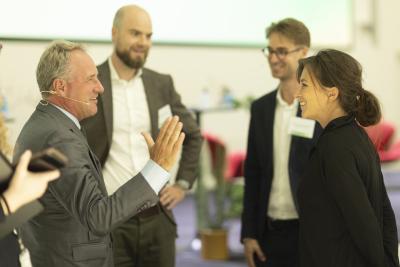
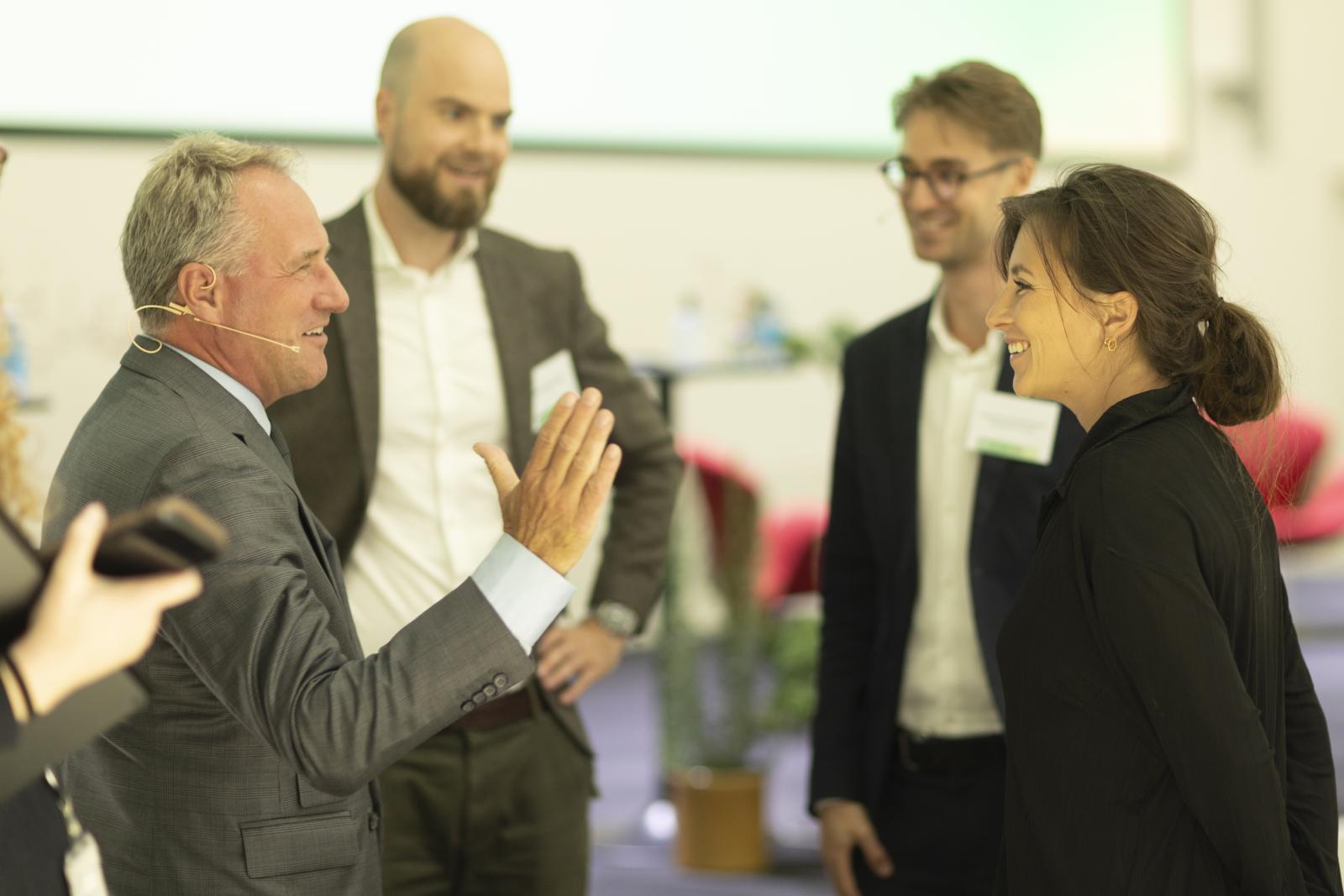
Solving social issues will play an increasingly important role in the EU’s green ambitions.
Ursula von der Leyen’s State of the European Union address and her pledge to initiate a structured dialogue with European farmers was highlighted as a proof of a forthcoming European green agenda that will refocus attention on the social and economic aspects of the green transition. The need for a holistic approach the green transition, which recognizes the social value of agriculture through, for example, job creation and sustaining rural life was highlighted in the discussions.
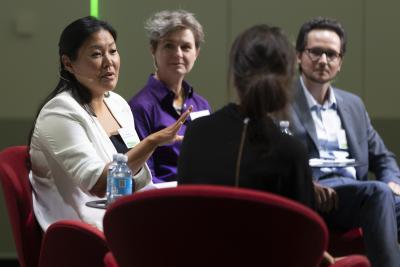

The discussion emphasized that the politization of nature, as seen in the political debate surrounding the European Parliament’s Nature Restoration Law, as well as farmers protests across Europe – most notably in regional elections in the Netherlands earlier this year – pose a serious threat to derailing the EU’s green agenda, if the claims made by the European rural population are not recognized and included in the political debate.
Everything everywhere all at once.
The need to strengthen European innovation and limit the obstacles to bringing novel innovations to the market was highlighted as an area of concern during the discussion. Many panellists shared a strong belief in novel technologies and in particular biotechnologies, as a necessary part of the solution to ensuring the green transition of the European and global food system.
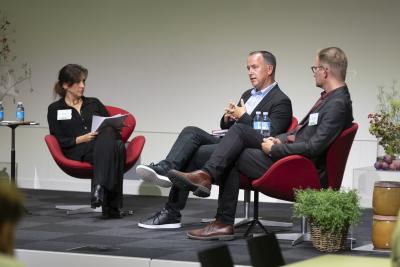
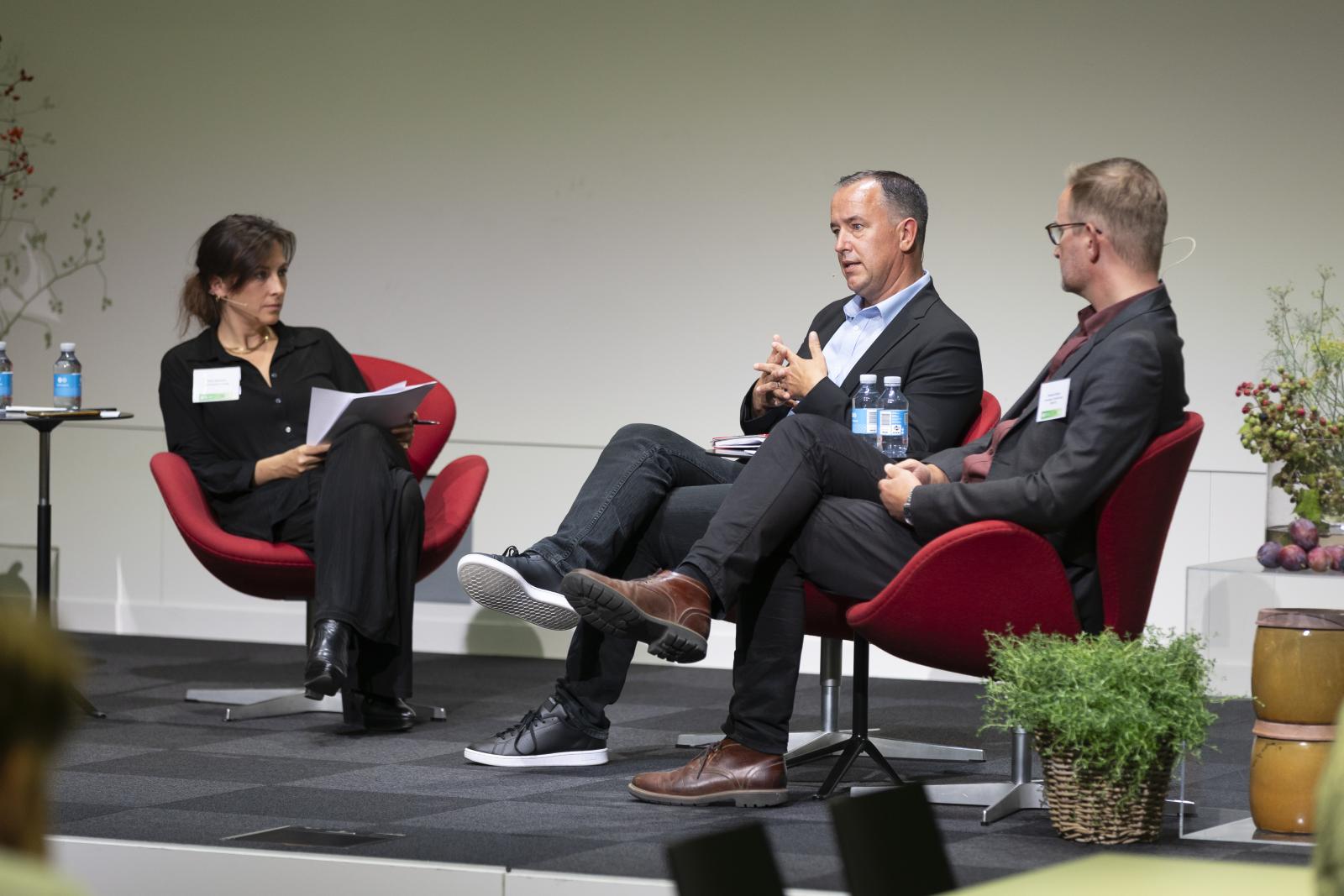
While other possible solutions such as reducing meat consumption and food waste were recognized as important, novel technologies were seen as an indispensable part of the equation. The need to ensure that small and medium sized companies have access to such novel technologies, and that innovative solutions are also usable at a smaller scale, were highlighted during the discussions.
The EU as a convening power.
The EU’s response to agricultural supply chain disruptions caused by COVID-19 and the Russian invasion of Ukraine has demonstrated that the EU can be a deft crisis manager. It has also provided European policy makers with several important lessons in effective crisis management.
Panellists argued that the comparison of the EU’s response to these two crises is particularly illustrative. In response to COVID-19, the EU acted as a convening power that brought together policy makers from all member states, which enabled a coordinated response to supply chain disruption, such as through the ‘green lanes’ initiative. Panellists agreed that these measures – as opposed to direct support, either through relaxing state aid rules or reallocating existing resources –allowed the EU to effectively minimize disruption to agricultural markets.
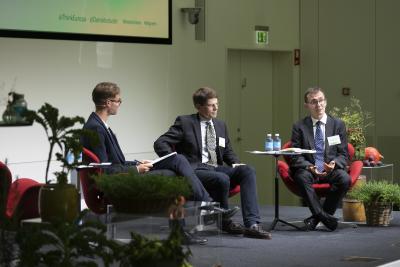
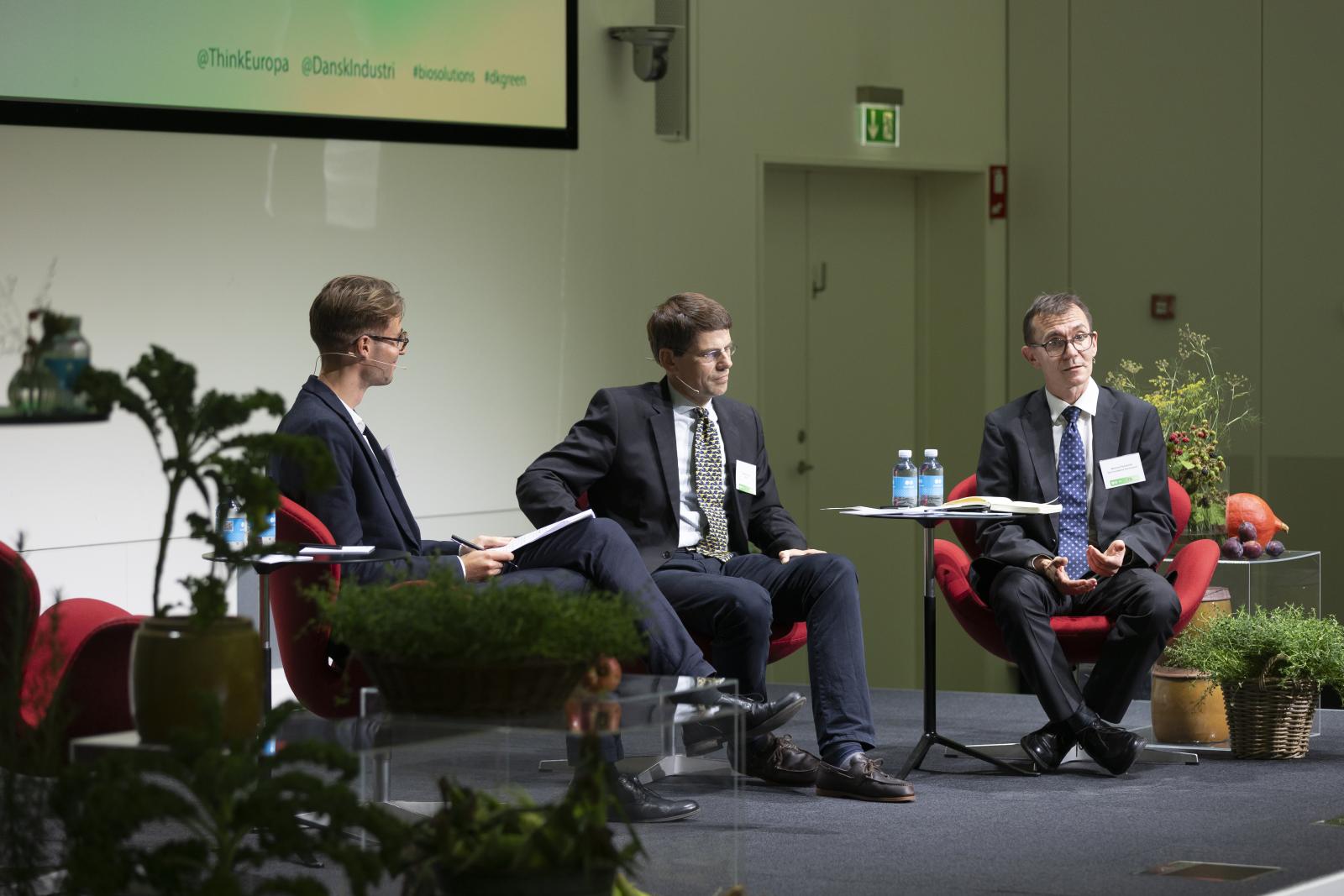
Looking narrowly at the issue of agricultural supply chain disruption, the EU was less successful at acting as a convening power in response to supply chain disruption caused by Russia’s invasion of Ukraine. While the EU successfully implemented the EU Solidarity Lanes, the recent decision by Poland, Slovakia, and Hungary to introduce a unilateral ban on Ukrainian agricultural products underscores the panellists point about the challenge faced by the EU in coordinating a common response to this latest crisis.
Some panellists argued that in the future, the EU needs to play to its strengths with regards to openness, rather than retreating into more protectionism in its agricultural supply chains. At a time of increasing geopolitical instability and growing disruption to agriculture from climate breakdown, the EU needs to take these lessons on board if it is to navigate this ‘age of polycrisis’.
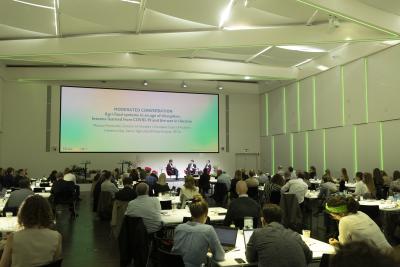
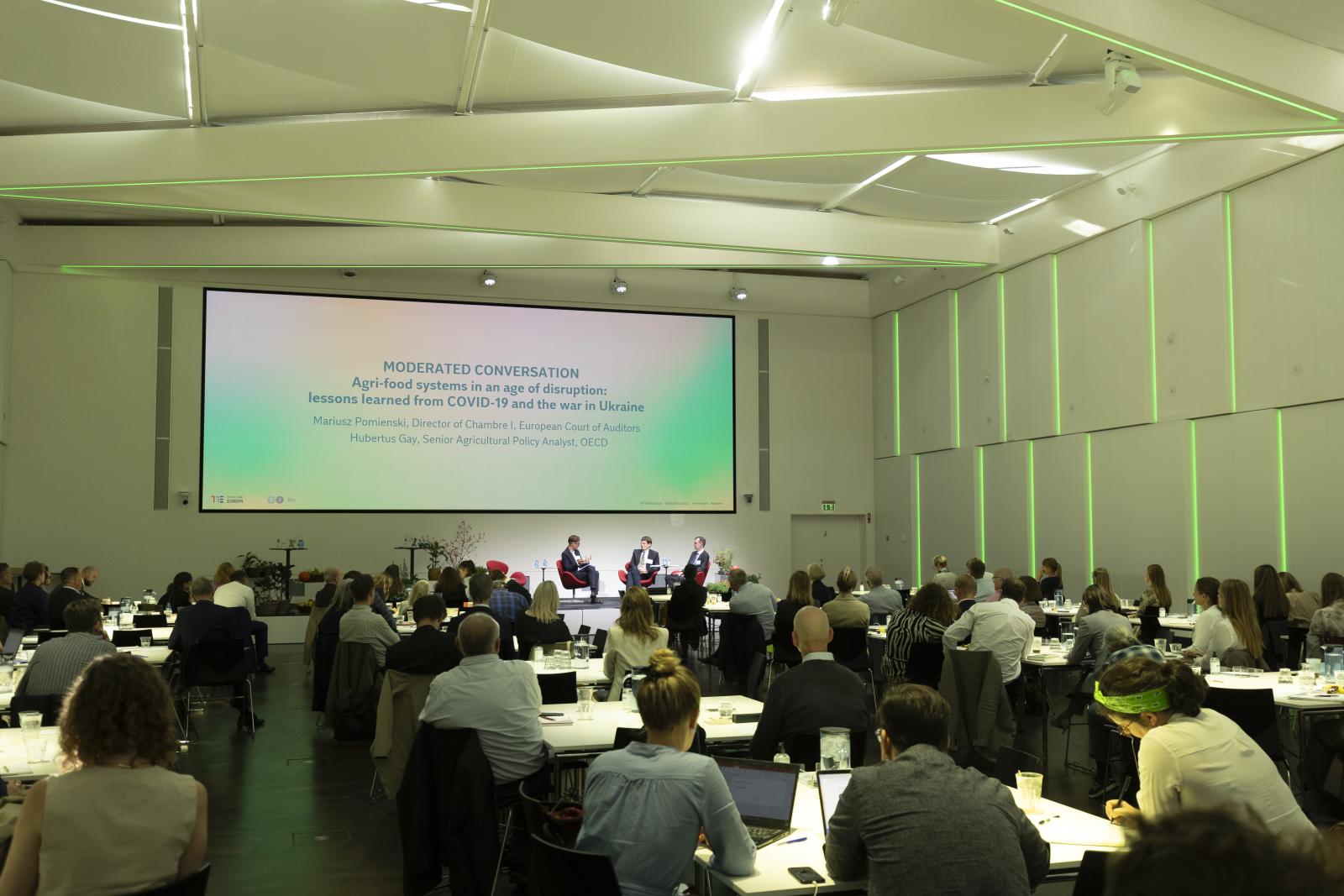
Programme
KEYNOTE
Understanding the systematic challenges of the global food system
- Henry Dimbleby, Author of ‘Ravenous: How to get ourselves and our planet into shape’, and lead on the UK’s widely acclaimed ‘National Food Plan’
MODERATED CONVERSATION
The challenge of the century: what will it take to make the European food system sustainable?
- Riyong Kim, Head of Programme for Sustainability Transitions, European Environmental Agency
- Stefan Sipka, Senior Policy Analyst, European Policy Centre
- Mette Damgaard Nielsen, Senior Scientific Manager, Novo Nordisk Foundation
BREAK
MODERATED CONVERSATION
Agri-food systems in an age of disruption: lessons learned from COVID-19 and the war in Ukraine
- Mariusz Pomienski, Director of Chambre I, European Court of Auditors
- Hubertus Gay, Senior Agricultural Policy Analyst, OECD
MODERATED CONVERSATION
The next moon-shot? Can biotech innovations fuel our journey to a Net-Zero agri-food system?
- Jesper Packert Pedersen, Director of Global External Affairs, Christian Hansen
- Michael Minter, Future Foods Program Director, CONCITO Thinktank
CLOSING REMARKS
- Lars Sandahl, CEO, Confederation of Danish Industry
This event is part of Think Tank EUROPA’s 'Biosolutions 2030 – Towards a paradigm shift in European agricultural and food policy' project and is financed by Novo Nordisk Foundation (NNF22SA0080353).
The Think Tank EUROPA does not take collective positions. This publication only represent the views of their individual authors.

